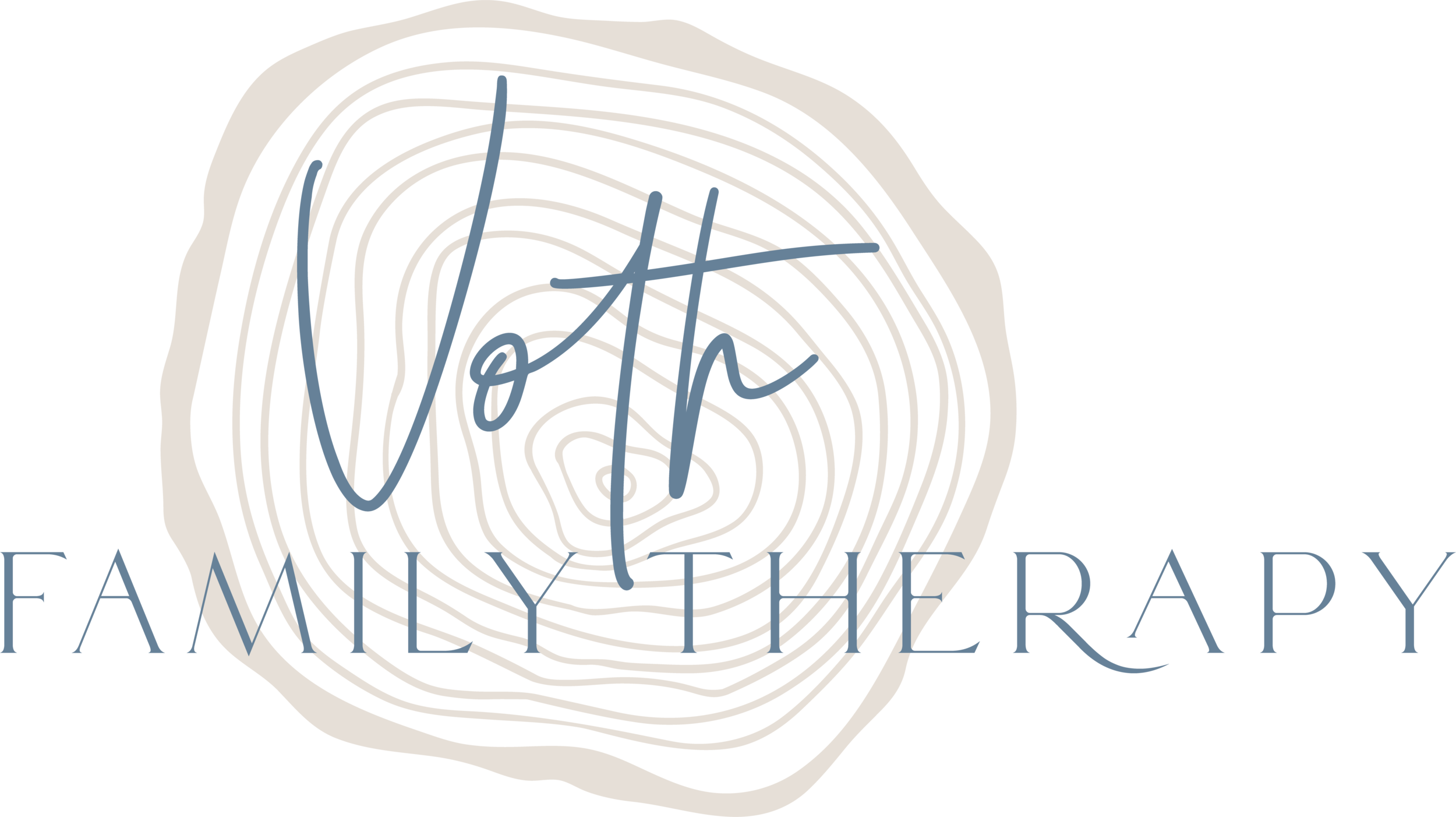COVID-19 and Trauma
As we settle into a new normal, many mental health professionals are beginning to think and talk about the long-term impacts of our current reality. For those of us who work from a trauma-informed perspective, we’re keeping our eyes open for indicators of trauma in our world and in our work. I know that word won’t fit for everyone, but if you’ve got a history of trauma it’s quite likely that the current changes going on in our world will be triggering for you.
Emotional trauma causes damages in many ways, one of which is the experience of “too much, too fast” along with the inability to process what’s going on. Just as there can be many forms of trauma, there are several possible barriers to processing an experience such as the lack of a person you can talk things through with, developmental stage and inadequate of processing skills (children and teens), or there simply isn’t time amidst the focus on survival and constantly changing demands. If you have a history of trauma, you’ve likely experienced one or more of these complicating factors. For those who are struggling to process our current reality, it may have the impact of a trauma, now or later on.
Whether or not you have a trauma history, this new reality may cause you to experience symptoms like exhaustion, fear, irritability, a desire to make things orderly, a decrease in productivity, brain fog, the “emotional roller coaster”, tears for reasons you can’t identify, and a general sense of being overwhelmed. This is a normal response to an abnormal event. You’re not broken, you’re responding exactly as your system has been designed to respond under these circumstances.
The best things you can do for yourself right now are the very basic actions. Be gentle with yourself. Practice compassion toward yourself and others. Extend grace to everyone, especially yourself. Understand that you are moving through a process, one that may have started for you long before 2020 and a pandemic changed our world. If you can, take a daily walk or do some other gentle form of exercise. It isn’t the time to push right now and starting a whole new fitness program is simply adding another big new thing for your system to adjust to. Eat foods that nourish your body so that it can function well. Set regular times to connect with people who are important to you by phone, FaceTime or Skype. Above all, know that you are resilient and you are a good human no matter how messy things feel right now.
BLOG AUTHOR
JODIE VOTH
JODIE IS A FULL-TIME THERAPIST AND OWNER OF VOTH FAMILY THERAPY.


